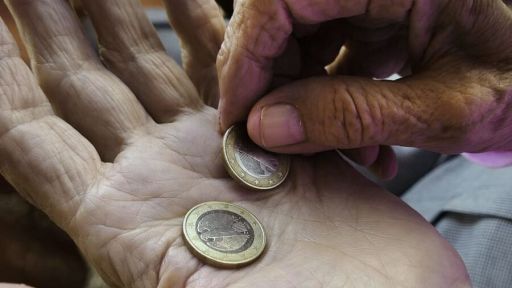Eurostat: 13.5% of Greeks facing severe material and social deprivation

According to Eurostat data, 6.8% of the EU population experienced severe material and social deprivation in 2023. Among EU countries, the rates of severe material and social deprivation vary significantly. Romania recorded the highest rate at 19.8%, followed by Bulgaria (18.0%), Greece (13.5%), Hungary (10.4%), and Spain (9.0%).
In contrast, Slovenia (2%), Cyprus (2.4%), Sweden, Luxembourg, and Estonia (all at 2.5%) reported the lowest rates of deprivation.
Severe material and social deprivation (SMSD) is defined as the percentage of the population that cannot afford a specific good, service, or social activity, experiencing enforced lack in at least seven out of thirteen deprivation items (six related to individuals and seven related to households).
Household-level deprivations considered include the ability to cope with unexpected expenses, pay for annual holidays away from home, handle delays in payments (mortgages or rents, utility bills, loan installments), afford a meal with meat, chicken, fish, or a vegetarian equivalent every second day, heat the home, access a car/van for personal use, and replace worn-out furniture.
Individual-level deprivations include the ability to connect to the internet, replace worn-out clothing and shoes, participate in recreational activities, and meet friends/family for a drink or meal at least once a month.


